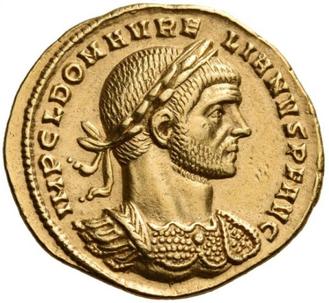
Once a King, Twice a King, but not a third time.
In an era when client states where uncommon, a "client" King who fought Augustus.
An ancient region that had managed to stay semi-independent for centuries meets its end.
Story in the evening ...
In an era when client states where uncommon, a "client" King who fought Augustus.
An ancient region that had managed to stay semi-independent for centuries meets its end.
Story in the evening ...
https://twitter.com/Arby_K/status/1436155008337133589
Stanisław Leszczyński was born in 1677 to Count Rafal Leszczyński and Anna Jablonowska. Rafal Leszczyński was an official of Polish-Lithuanian Commonwealth, who also held various voivodeships during his lifetime, becoming Grand Treasurer of Poland shortly before his death. 1/10 

Leszczyński was involved in the election for the Commonwealth throne in 1697, after which Saxon Elector Friedrich August became King taking the name Augustus. But Leszczyński's support for the new King wavered after the Swedish invasion of the Commonwealth. 2/10 

The Swedes had the early success capturing the Lithuanian capital. But they weren't looking for a conquest, but was looking for a friendlier King. Meanwhile, Stanisław Leszczyński organized a Confederation in Warsaw against King Augustus and called for an election in 1704. 3/10 

Augustus captured one of the contenders, Jakub Sobieski, and imprisoned him, but Leszczyński won the election instead and got the backing of Sweden. A civil war prevailed till 1706, but after Swedish victory in Warsaw in 1705, King Stanisław's position was set. 4/10 

However, after the Russians defeated Sweden in Poltava in 1709, King Stanisław's position became untenable. Augustus returned as King and Stanisław was pensioned off by the Swedish King, eventually ending up Alsace. His fortunes, however, turned in 1725. 5/10 

The 15 year old French King needed a wife. His Regent reviewed 99 suitors for political and dynastic factors and ended up choosing Maria Leszczyńska, Stanisław's daughter. It raised a few eyebrows, but by the end of 1725, Stanisław was the French King's father-in-law. 6/10 

In 1733, Augustus died and Stanisław stood in the subsequent election. This time he won. But Russia and Austria weren't happy. They plotted to put Friedrich August, son of Augustus, on the throne. The French King backed his father-in-law. Europe was at war. 7/10 

The war ended in 1735 with a lot of change of territories, with Friedrich August gaining the Commonwealth, but losing control of some of its territory to Russia. Stanisław received Lorraine which had been occupied by France on and off over the past century. 8/10 

The Duchy of (Upper) Lorraine was an ancient region of Europe formed during the division of the Carolingian Empire in 855. For most part it had been part of the Holy Roman Empire, but had a close association with France as well. 9/10 



Stanisław founded Académie de Stanislas in Lorraine and devoted himself to philanthropy. After his accidental death in 1766, Lorraine was inherited by France, formally ending its time as a semi-independent entity. 10/10 

• • •
Missing some Tweet in this thread? You can try to
force a refresh















